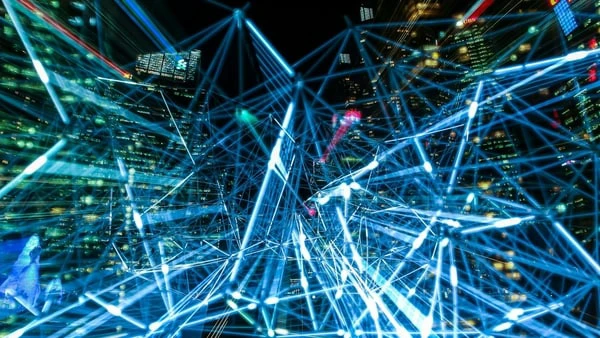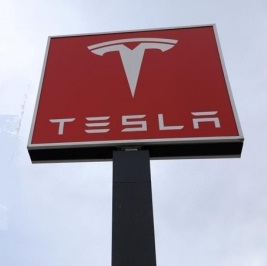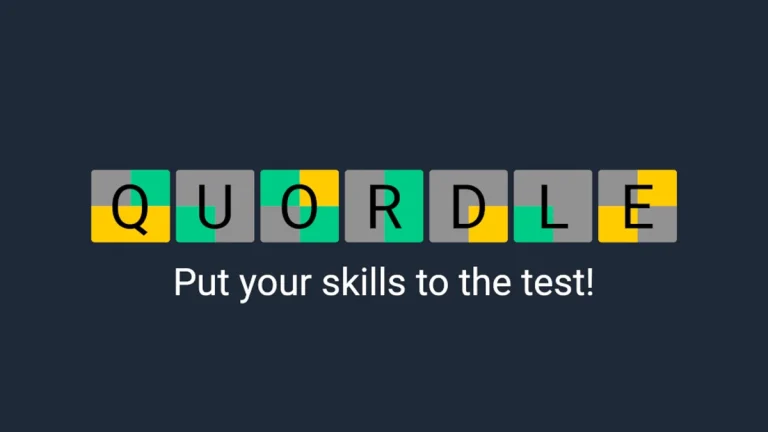5 things about AI you may have missed today: 3.6 cr AI gaming accounts stolen, AI breakthrough in nuclear fusion, more

In a sensational heist of data, as many as 3.6 crore AI gaming accounts have been stolen and sold on the Dark Web, reports Kaspersky; Indians are being urged to unleash AI potential; OpenAI’s Sam Altman debunks AI being dubbed a ‘creature,’ saying it is nothing more than a tool; AI breakthrough in nuclear fusion paves the way for limitless clean energy- this and more in our daily roundup.
Let us take a look.
1. 3.6 crore AI gaming accounts stolen and sold on dark web, Kaspersky reports
Hackers have exploited the rising demand for AI-based services, stealing and selling 3.6 crore gaming account credentials on the dark web over three years.
Kaspersky reports a significant portion involves Roblox users, with 3.4 crore compromised credentials. The dark web market sees a surge in stolen OpenAI and ChatGPT accounts, indicating a broader trend of AI service credential compromises, including from popular platforms like Canva, The Hindu businessline reported.
2. Indians urged to unleash AI potential
Indians are urged to recognize their untapped potential in artificial intelligence (AI), according to Hoda Alkhzaimi, co-chair of the Global Future Council for Cyber Security at the World Economic Forum. Despite abundant human resources, India lags behind China in AI.
Emphasising the need for inspiration from traditional strengths like spices and Ayurveda, experts highlight the untapped commercial opportunities in smaller cities and advise entrepreneurs to adapt to evolving consumer preferences, according to a report by The Hindu.
3. OpenAI’s Sam Altman debunks AI as a ‘Creature,’ emphasises tool role
OpenAI’s Sam Altman dispels the misconception of AI as a “creature” in an interview with The Advocate. He emphasizes AI’s role as a “tool,” not a sci-fi entity. Altman acknowledges risks but distinguishes them from doomsday scenarios. Previously cautious, he once foresaw AI leading to the end of the world but now aligns with global efforts to address risks, as highlighted in a letter from the Center for AI Safety, Business Insider reported.





